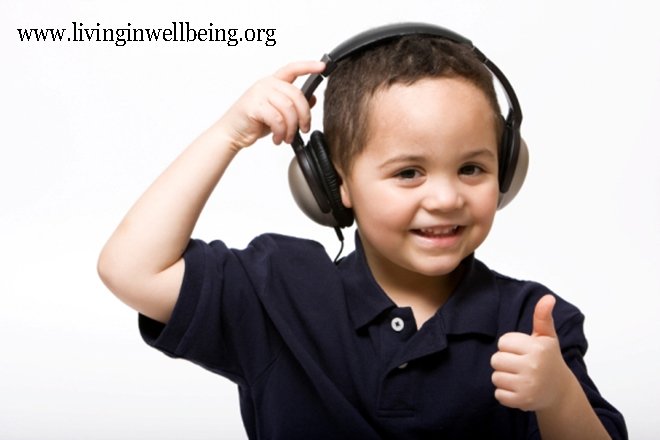
A great way to learn Science!
Adult Attention Deficit symptoms are classifed into three groups: Inattention, Hyperactivity, and Impulsivity according to the Diagnostic and Statistical Manual of Mental Disorders. One can suffer from one group or a combination of all of them. Symptoms usually manifest early in life, particularly when one enters the school system, and usually continue into adulthood.
Attention Deficit Hyperactivity Disorder (ADD or ADHD) is a nervous system condition characterized by difficulties in concentration, focus, time-management, and the ability to make thoughtful decisions. It is largely under-diagnosed in adults because many people assume that the condition only affects children. Gradually this misconception is beginning to change as more adults are seeking treatment.
Adult Attention Deficit Symptoms: Hyperactive
Individuals with hyperactive-type exhibit excessive levels of physical or verbal activity. They always appear to be in constant motion and have difficulty keeping still. They often experience restlessness and may talk excessively, interrupt others, and monopolize conversations.
Adult Attention Deficit Symptoms: Inattentive
Individuals who suffer from the inattentive-type have difficulty staying focused and attending to everyday tasks. Such adults are easily distracted, shift from one activity to another, and become bored easily.They often appear forgetful and exhibit challenges with respect to organization, task completion, time-management, and may frequently lose or misplace items. In short, they are very disorganized. Loved ones often have to remind these adults to clean up, get organized, or otherwise take care of things that need to get accomplished around the house. Partner's of adult ADHD sufferers often complain that their mate does not listen and relinquishes the bulk of planning and organizing responsibilities.
Adult Attention Deficit Symptoms: Impulsive
Individuals with impulsive-type ADHD often act and speak before thinking and without considering consequences. They may blurt out insensitive remarks, or rush through work assignments without following instructions which results in carelessness. The lack of impulsive control sometimes places them in risky situations and makes them more prone to problem gambling and other addictions. Attention Deficit Hyperactivity Disorder is diagnosed based on symptom observation. In addition to self-reports, observations and input are often gathered from spouses, family, and friends in order to help doctors and other treating professionals make the most accurate assessment.
Diagnostic Test For Adult Attention Deficit Symptoms
If you fear that you or a loved one may have adult ADHD, take the ADHD Diagnostic Test to be certain.












